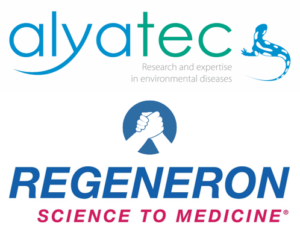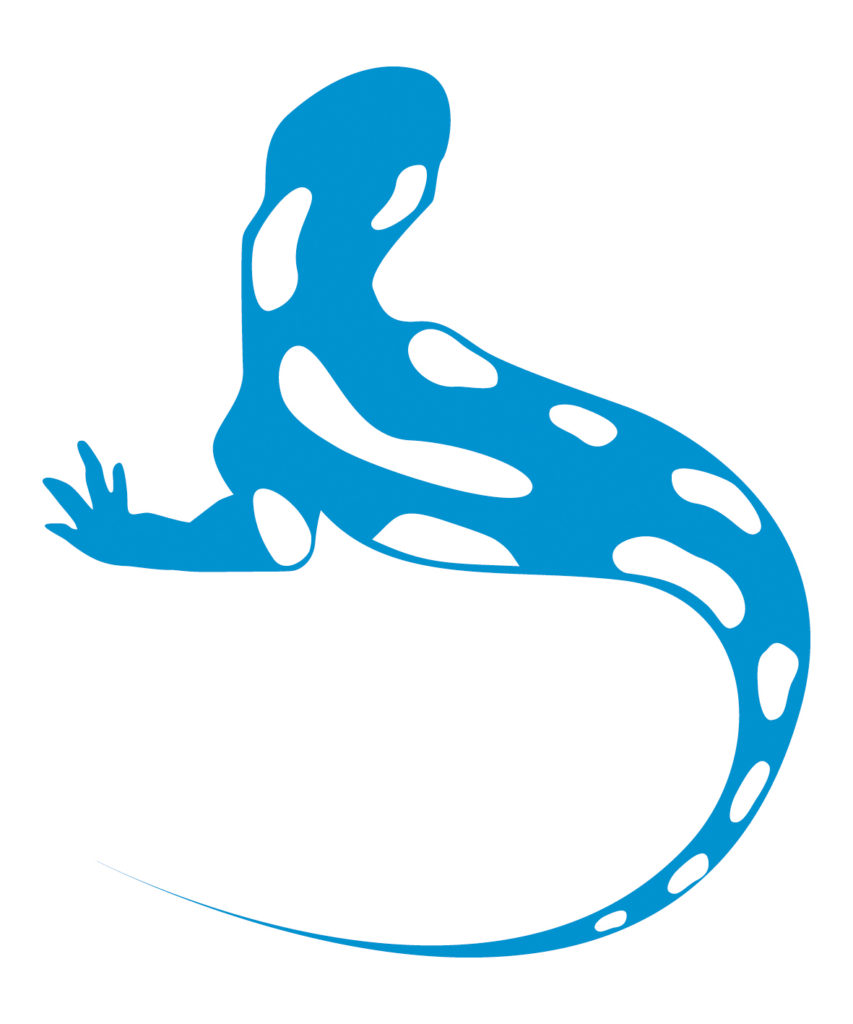The results of the clinical study carried out by ALYATEC team for the American biotechnology company Regeneron Pharmaceuticals have just been published in the prestigious Journal of Allergy and Clinical Immunology.
The main objective of this phase 2 study was to evaluate the efficacy of a new combination of monoclonal antibodies (REGN1908/1909) in the reduction of allergy and asthma symptoms in cat-allergic patients with mild asthma (without a cat at home). After receiving a single dose of the experimental treatment or the placebo by subcutaneous injection, 56 patients were exposed to the major cat allergen (Fel d 1) in the ALYATEC environmental exposure chamber (EEC). These standardized and controlled allergen exposures reproduce a domestic environment with cats while eliminating the confounding factors of the usual environment such as atmospheric pollutants and other allergens (pollen, house dust mites, animals, etc.). Therefore, it is possible to observe the efficacy of a treatment in allergic patients placed in these controlled and reproducible conditions.
Promising results
These trial results showed that a single dose of REGN1908/1909 prevented early asthmatic responses in cat-allergic patients exposed to allergen in ALYATEC EEC, as early as one week after treatment and up to three months. It has also been shown that following a single dose of treatment patients could tolerate an increased quantity of cat allergen three times greater than those who did not. In addition, the study treatment made possible to delay the onset of the early asthmatic response in the EEC to more than 4 hours in patients from the treatment group, whereas the same reaction was observed in less than one hour in the placebo group. REGN1908/1909 treated patients also reported significantly reduced chest tightness and breathing difficulties. Furthermore, no serious adverse events were observed in any of the patients of the study.
Ongoing clinical development
These very promising trial results suggest that this innovative therapeutic approach, based on passive administration of neutralizing monoclonal antibodies targeting the major cat allergen Fel d 1, could constitute an attractive alternative to existing solutions (allergen avoidance, specific immunotherapy, preventive treatments based on antihistamines and corticosteroids).
The development of the REGN1908/1909 treatment is currently ongoing through a phase 3 study evaluating the prevention of allergic rhinitis and asthma exacerbations in cat-allergic patients exposed to live cats at home. It involves more than 600 patients in Europe and North America and ALYATEC is one of the recruiting centers of the study.
The article published in the Journal of Allergy and Clinical Immunology presenting the results of the phase 2 study carried out by ALYATEC is available on this page.


